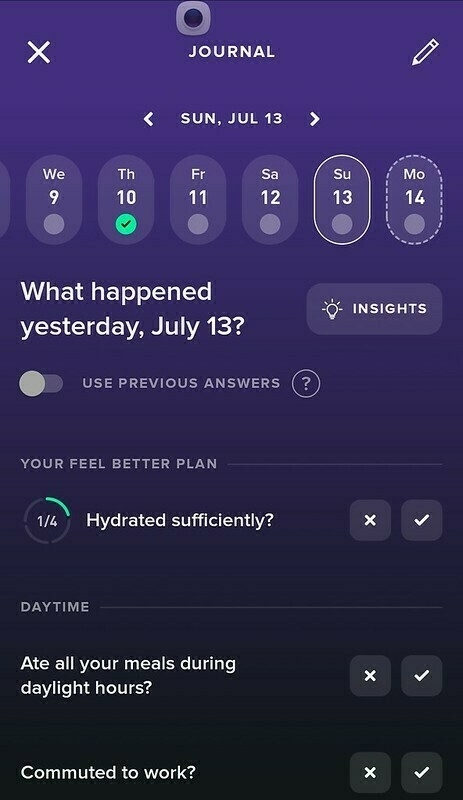
Every night, my Whoop health monitor asks me to log the number of minutes spent journaling that day. I’ve learned that journaling can be a structured outlet for self-expression. I write down things that help me to clarify thoughts. In many cases, just writing things down reduces their cognitive load.
By translating life experiences into language, journaling promotes metacognition—thinking about my thinking—and that improves my resilience in stressful circumstances. Studies indicate that expressive writing can significantly reduce symptoms of depression and anxiety (Pennebaker & Smyth, 2016).
I think the Whoop app wants me to write about things that trigger responses. Doing that kind of journaling helps me cope. Some psychologists think writing daily thoughts can reduce cortisol levels and thereby improve sleep quality (Baikie & Wilhelm, 2005).
Since 1997 when I first started sharing items on a personal website, I believe I have developed a sense of coherence—an understanding of my personal story living on a different continent. I’ve had several major life moments that have appeared as images on my personal timeline and by scrolling back on them, I notice I’ve preserved more positive memories than negative ones. Psychologists have told me that by recording and reflecting on my positive memories I am buffering against trauma because the review of positive events reinforces neural pathways associated with positive memory consolidation.
The Whoop app also asks about expressing gratitude, a practices which is correlated with increased optimism and overall life satisfaction (Emmons & McCullough, 2003).
I bought Outlive to learn how to enhance the physiological habit patterns that can help me live beyond the age of 76 and thereby live longer than my father and grandfather. Experts say “the habitual release of emotional tension through writing prevents the accumulation of psychosomatic distress” (Smyth et al., 1999).
So I hope to be writing on my microblog and on the Ghost platform for another 10 years. I hope to boost my empathy and enhance my communication clarity. And along the way, perhaps improve relationships by fostering meaningful social connections—both key predictors of extended lifespan (Holt-Lunstad et al., 2010).
NOTE TO SELF: “Writing heals not because it changes the past, but because it clarifies the self.”
References:
-
Pennebaker, J.W., & Smyth, J.M. (2016). Opening Up by Writing It Down: How Expressive Writing Improves Health and Eases Emotional Pain. Guilford Press.
-
Baikie, K.A., & Wilhelm, K. (2005). “Emotional and physical health benefits of expressive writing.” Advances in Psychiatric Treatment, 11(5), 338–346.
-
Emmons, R.A., & McCullough, M.E. (2003). “Counting blessings versus burdens: An experimental investigation of gratitude and subjective well-being.” Journal of Personality and Social Psychology, 84(2), 377–389.
-
Holt-Lunstad, J., Smith, T.B., & Layton, J.B. (2010). “Social relationships and mortality risk.” PLoS Medicine, 7(7), e1000316.